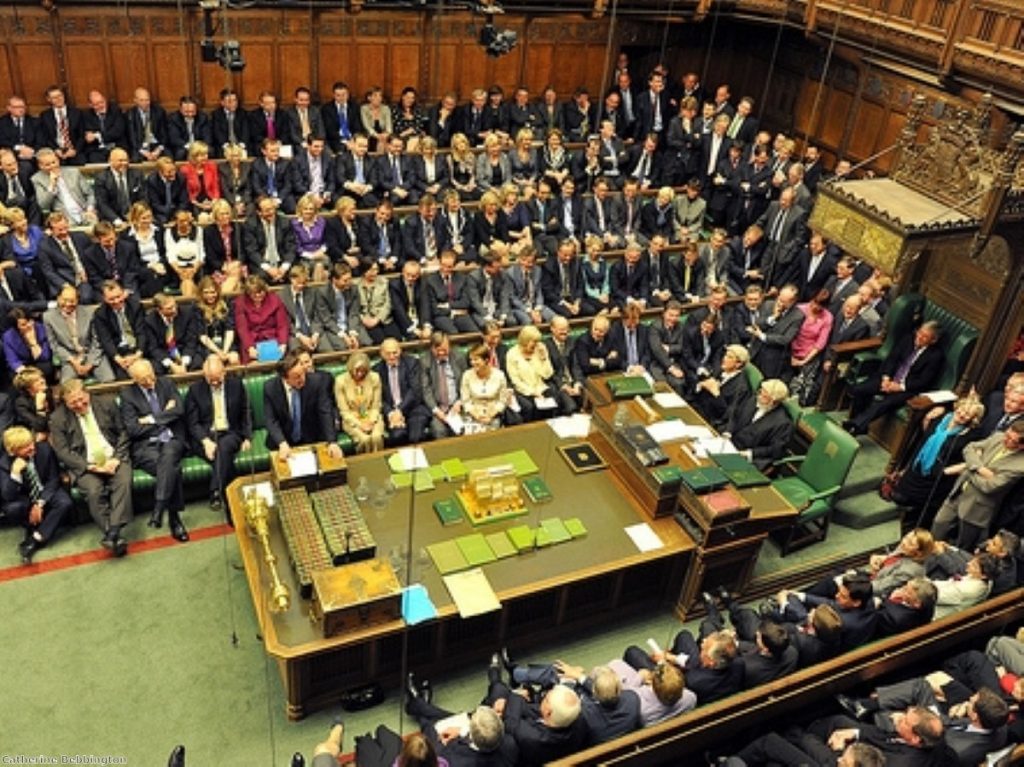Letting MPs decide who governs? They’re not going to like that
This parliament has had 48 months since first gathering in mid-May 2010 to sort out the arrangements for the next coalition. So why is it that the MP tasked with overseeing our constitutional arrangements is now demanding a change of plan?
Graham Allen, chair of the political and constitutional reform committee, hasn't been particularly happy with the debate about what exactly happens when the voters return a hung parliament. His team of MPs united to renew their criticisms of the Cabinet manual 'rule-book' earlier this year, warning much more needs to be done to boost public awareness – and get clearer rules, too. Now he has emailed out fresh concerns.
"If the result of the May 7th general election is not clear cut, the days immediately after it should not be characterised by a private fix by the party leaders, where newly elected members of parliament and their parties are bypassed," Allen says. This is exactly what happened in 2010, of course, when the Conservative-Lib Dem coalition was formed before parliament was recalled. Allen wants an alternative approach this time round.
"The royal proclamation can be issued as early as March 30th," he continues. "If it repeats the precedent of 2010 it would not convene MPs in parliament until May 19th. This would be 12 days after the election, by which time deals will have been done, manifestos compromised, and patronage promised."
The party leaders want to preserve this 12-day period for manoeuvring and negotiation; putting MPs in the position of voting on a new government would create a pressured situation in which backbenchers would be empowered at the expense of the leaders. It is unthinkable. But Allen believes it might just work.
So he's calling for parliament to be summoned to meet on Saturday May 9th, just two days after polling day. This would "debate and confirm any proposed arrangements for the composition and programme of the new government", he suggests.
The Saturday after the election on May 10th was a day of uncertainty and excitement. Behind closed doors frenzied talks were taking place, but it would take another three days before an agreement was reached. And that was in a scenario where there was, arithmetically speaking, only one feasible option for a stable coalition. In 2015, it might take much longer.
But Allen insists: "Deferring proper democratic scrutiny of any coalition deal-making particularly in the Queen's name should be avoided. Once parliament is dissolved, it is Her Majesty who issues a proclamation summoning the first meeting of the new parliament. This matter has to be resolved now before the dissolution since once the proclamation of the date of summoning the new parliament has been issued, it appears that the date of parliament's first meeting cannot be brought forward."
With a hung parliament now viewed as the most likely outcome of the election, Allen's comments aren't just dry theory any more. But with 47 months of this parliament past and one to go, the debate about what constitutes the rules of the game really should have been settled by now.





-01.png)